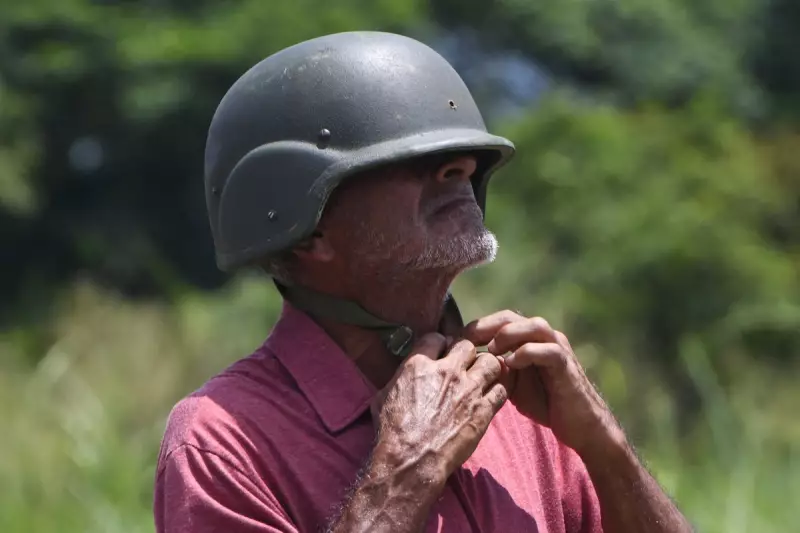
In a deeply troubling development from Venezuela's deepening crisis, scientists have been conducting unauthorised dietary studies on severely malnourished indigenous children, according to a shocking investigation.
The research, which took place in the impoverished northeastern state of Vargas, involved monitoring the effects of nutritional supplements on Warao indigenous children suffering from critical malnutrition. What makes this case particularly disturbing is the apparent lack of proper ethical oversight and informed consent from parents.
Ethical Breaches and Lack of Oversight
Documents reveal that the study, led by researchers from Venezuela's Central University, proceeded without approval from any institutional ethics committee—a fundamental requirement for any research involving human subjects, particularly vulnerable children.
Dr. Huniades Urbina, a prominent paediatrician and former president of the Venezuelan Medical Federation, condemned the research, stating: "This isn't science—it's exploitation. These children are being used as guinea pigs without proper consent or ethical safeguards."
The Plight of Venezuela's Indigenous Communities
The Warao community, one of Venezuela's largest indigenous groups, has been disproportionately affected by the country's economic collapse and ongoing humanitarian crisis. Many families survive on less than one meal per day, with children suffering the most severe consequences.
Medical professionals working in the region report seeing children with severe wasting syndrome—a condition where the body consumes its own tissues for survival—at alarming rates. The very population being studied represents some of the most vulnerable victims of Venezuela's complex crisis.
International Outrage and Calls for Action
The revelation has sparked international condemnation from human rights organisations and medical ethics boards worldwide. The study's methodology and ethical violations have drawn comparisons to historically problematic research practices in vulnerable populations.
Nutrition experts have also questioned the scientific validity of conducting research in such uncontrolled conditions, where multiple variables beyond the nutritional supplements could affect outcomes.
Broader Implications for Research Ethics
This case raises serious questions about ethical standards in crisis settings and the protection of vulnerable populations in scientific research. It highlights how economic collapse and political instability can create environments where ethical boundaries become blurred.
International health organisations are now calling for immediate cessation of the study and implementation of proper ethical oversight mechanisms for any future research involving vulnerable populations in Venezuela.
The situation continues to develop as global health authorities monitor the aftermath of these revelations and consider appropriate responses to prevent similar ethical breaches in future research endeavours.





